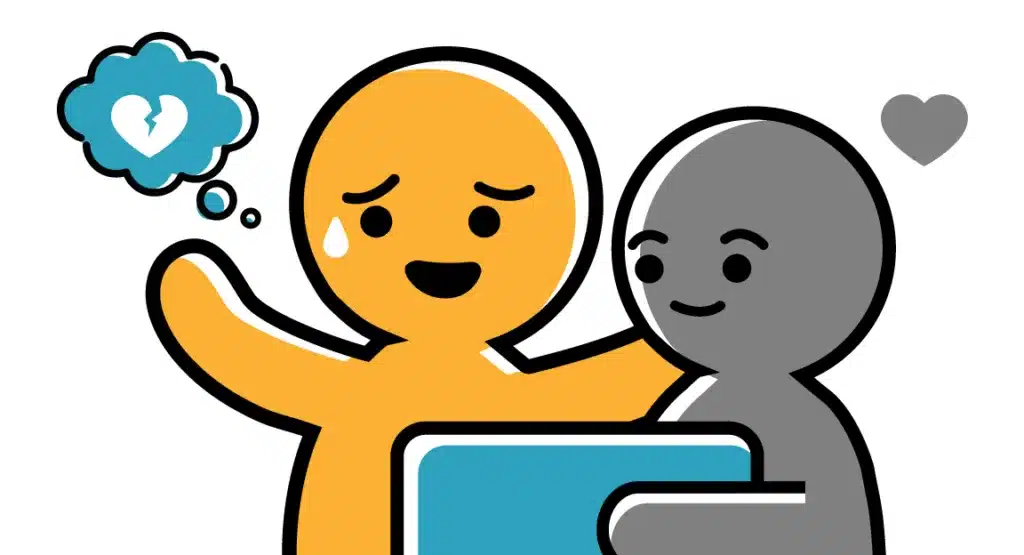I’ve had a recurring theme in conversations with credit union leaders this year. “Bo, I just don’t know if all my staff is on board. I don’t know if they are a good fit to take us to the next level, where we’re going.”
OUCH!
That is a touchy conversation. But the fact that these credit union leaders recognize the problem is a great first step. Perhaps you’re thinking the same thing but afraid to verbalize it to your team or board. Perhaps deep down you’re really frustrated but refuse to bring it up to avoid tough conversations.
As a credit union leader, it can be easy to make excuses and trick yourself into thinking that allowing underperforming and unengaged employees to stay on your team is the kind and generous thing to do. “Well, Sally has been here 23 years…”
It’s not.
It doesn’t help your credit union, your members nor the rest of your credit union team. In fact, I’ll share with you the tough words one mentor had for me on this subject: It’s selfish.
Just because you hate having tough conversations, doesn’t mean the entire rest of your organization, members and your mission should suffer. Here are some outcomes I have personally experienced because of this very scenario, and what I have observed from other credit unions:
1. Good team members become toxic. Your culture is defined by the worst behavior you are willing to tolerate. “Why should I work my ass off and give 110% when Sally is as productive as a Ficus tree?” You start to either lose productivity from good team members, or they go somewhere else that has a team of high performers to match their energy. Opposite that, when team members see that good work is rewarded and bad work has no place, they’ll know that they’re at an organization that’s worth staying at. It’s easy to think that firing an employee puts other employees on edge. More often, it sends a signal to the good employees that you’re on their side and don’t want them to spend time compensating for underperformers.
2. You’re holding that person back. Keeping someone on your team that isn’t a good fit isn’t just holding your credit union, but also, it’s holding that person back. There’s a good chance that person is very unhappy and is as afraid to make that decision as you are. There’s only so many working years someone has ahead of them.
3. You and your team begin to think differently. There is not one person that has been fired from my organization because I woke up one day in a bad mood. I always use the word CHOOSE. If you have updated and specific job descriptions (we call them KRAs or Key Result Areas), expectations for work and what success looks like will be clear. If you have an underperforming team member, first look to yourself and ask some tough questions. Are your expectations not clear? Have you failed to provide training or tools to make them successful? If you get past those questions, you turn your questions toward the underperforming team member. “Why are you choosing not to do the work?” This question allows you to not be the bad guy but focus specifically on the choice the team member is making to not do the work to achieve the desired results.
4. You’re wasting time. You have good team members who are craving your time and attention to grow and prosper in their position and become a better asset to your team. Instead, you are spending time having the same conversations with the same underperforming team members. You waste time on conversations with no outcomes and headspace in the “what if” scenarios that you have no intention of acting on.
Let me give some clearly defined solutions if you find yourself in this place right now:
1. Update your job descriptions. Make sure expectations of both task and outcome are clearly defined so there is no wiggle room when review time comes around.
2. Speak up. Don’t avoid tough conversations. When a team member at your credit union is not living up to their potential and dragging the team down, talk about it. Identify the problem and what the desired behavior is and give a timeframe for when the performance should turn around.
3. Hold your leadership team accountable. Sometimes it’s not a team member issue, it’s a leadership issue.
What does all of this have to do with credit union marketing? Marketing is a team sport, and if you are spending money on marketing and bewildered as to why no matter what you try you just can’t find success, it may be a cultural issue that needs to be dealt with. Leads may be coming in for new loans and new members but lost to a poor first experience with your credit union because of an underperforming on disengaged team member. That’s a lot of credit union marketing dollars wasted!
Every member experience can either build or kill your credit union’s brand and negate your marketing. Ready to discuss real change for success? Let’s talk!











